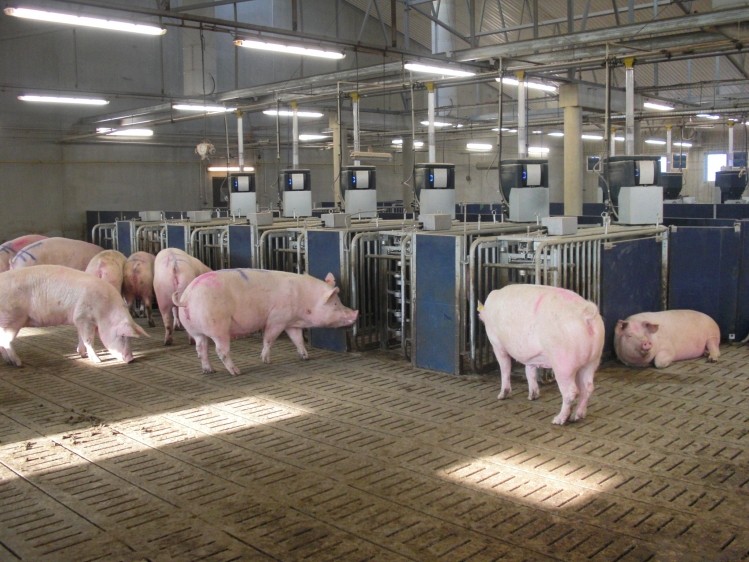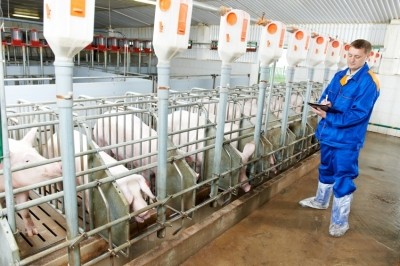Phibro to challenge decision
FDA looks to ban pig drug carbadox on carcinogenic residue fears

The FDA’s Center for Veterinary Medicine (CVM) published the announcement in the Federal Register on Tuesday and is accepting comments on the matter.
Phibro Animal Health, the company that sells Mecadox, or carbadox, has until May 12 to respond to the process and can either agree with the finding or request a hearing, according to the FDA.
Carbadox was first approved in the early 1970s for use in swine to control dysentery and bacterial enteritis. It has also been used for weight gain and feed efficiency.
The drug maker said it disagrees with the actions taken by the FDA and plans to request a hearing about the feed treatment. It also intends to continue marketing the product.
“Phibro has complete confidence in the safety of Mecadox,” reported the company. “We are disappointed that the FDA would take this action when definitive studies are so close to being completed. Under the FDA’s process, we intend to request a hearing and refute the allegations.”
Carcinogenic residues
The CVM is suggesting that authorization for carbadox be rescinded as there are concerns about carcinogenic residues in the liver and other edible tissue of swine treated with the product, according to the agency.
New evidence questions previous conclusions made about the use of carbadox in feed, said CVM. Testing has found, in some approved treatments, the levels of residues found in the liver are higher than expected, not considered safe and that residues remaining after the withdrawal period may be carcinogenic compounds.
“In July 2014, the Codex Alimentarius Commission determined there is no safe level of residues of carbadox or its metabolites in food that represents an acceptable risk to consumers,” the agency said in a release.
The Codex findings were based on the UN's Food and Agriculture Organization (FAO) and the World Health Organization (WHO) Codex Committee on Residues of Veterinary Drugs in Foods’ review of the available scientific information.
Continued approved use of the drug would result in exposure to amounts of carcinogenic residues 11 or 30 times higher than what is considered safe – depending on the withdrawal period and treatment used, according to the agency.
However, the FDA has not made the recommendation that people stop eating pork during the attempted removal process. The risk stems from lifetime consumption.
There also are other approved treatments to address the same diseases, noted the FDA.
CVM said it will engage with pork producers to minimize the impacts of removal of the feed treatment from the market on the swine industry.
Phibro analysis
Phibro maintains that the product is safe for use. The drug has been reviewed for its safety several times.
“Mecadox has been approved and sold in the US for more than 40 years and is a widely-used treatment for controlling bacterial diseases including Salmonella and swine dysentery,” said the animal health company. “
"Mecadox is not used in human medicine and the class of drug is not considered a medically important antimicrobial. The approved label requires a 42-day withdrawal period pre-harvesting, and, to date, we have not seen any hazardous residues of carbadox being detected from pig meat treated in accordance with the approved label," it continued.
The company added that it has complied with FDA’s requests for reviews of the product including additional safety testing:
“As Phibro has told the FDA, our studies are due to be completed in the next 90 days and we expect the remaining evidence will support the continued safe use of Mecadox.”








